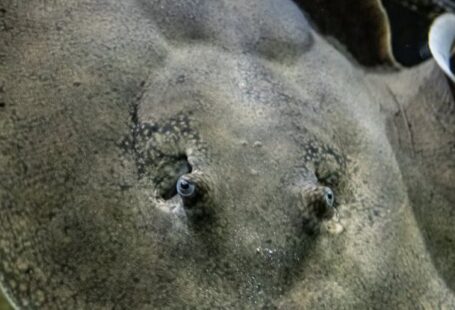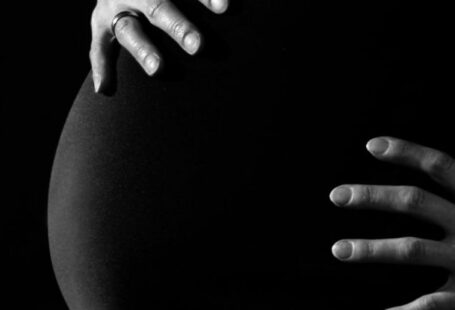Scuba diving and free diving are two distinct water activities with their own set of skills and techniques. While scuba diving involves the use of equipment such as tanks and regulators to explore underwater for extended periods, free diving relies on breath-holding abilities to dive deeper into the ocean. Despite their differences, scuba diving skills can indeed benefit free divers in various ways, enhancing their safety, efficiency, and overall experience in the water.
**Safety and Comfort**
One of the primary advantages of possessing scuba diving skills as a free diver is increased safety and comfort underwater. Scuba divers are trained to handle emergency situations, such as equipment malfunctions or running out of air, which can be beneficial in the event of unforeseen challenges during a free dive. The ability to remain calm and think clearly under pressure is a skill honed through scuba diving training, providing free divers with a valuable mindset when faced with stressful situations underwater.
**Buoyancy Control**
Buoyancy control is a crucial skill in both scuba diving and free diving, as it allows divers to achieve neutral buoyancy and conserve energy while underwater. Scuba divers are trained to fine-tune their buoyancy using techniques such as proper weighting, controlled breathing, and adjusting their buoyancy compensator device. These skills can be translated to free diving, where maintaining neutral buoyancy can help conserve oxygen and energy, allowing divers to dive deeper and stay submerged for longer periods.
**Equalization Techniques**
Equalization is essential in both scuba diving and free diving to prevent barotrauma and discomfort in the ears and sinuses. Scuba divers are taught various equalization techniques, such as the Valsalva maneuver and Frenzel maneuver, to equalize the pressure in their ears as they descend underwater. Free divers can benefit from these techniques to equalize their ears efficiently while descending to greater depths, reducing the risk of ear injuries and enhancing their overall diving experience.
**Breathing Techniques**
Breathing techniques play a crucial role in both scuba diving and free diving, influencing divers’ ability to conserve oxygen, relax, and improve their breath-holding capabilities. Scuba divers are trained to breathe slowly and deeply to optimize their air consumption and enhance their bottom time underwater. These breathing techniques can be advantageous for free divers, helping them relax, control their heart rate, and extend their breath-holding capacity during dives, ultimately improving their performance in the water.
**Navigation Skills**
Scuba divers often develop strong navigation skills to navigate underwater environments, locate dive sites, and safely return to the surface. These navigation skills can be beneficial for free divers, especially when exploring unfamiliar dive spots or diving in challenging conditions. By honing their navigation abilities, free divers can enhance their safety, confidence, and overall enjoyment of the underwater world, making their dives more efficient and rewarding.
**Conclusion**
In conclusion, scuba diving skills can significantly benefit free divers by enhancing their safety, comfort, efficiency, and overall experience in the water. The transferability of skills such as buoyancy control, equalization techniques, breathing techniques, and navigation skills from scuba diving to free diving can help divers improve their performance, extend their bottom time, and explore the underwater world with greater confidence and proficiency. By incorporating scuba diving skills into their free diving practice, divers can elevate their underwater adventures and unlock new possibilities in the depths of the ocean.





